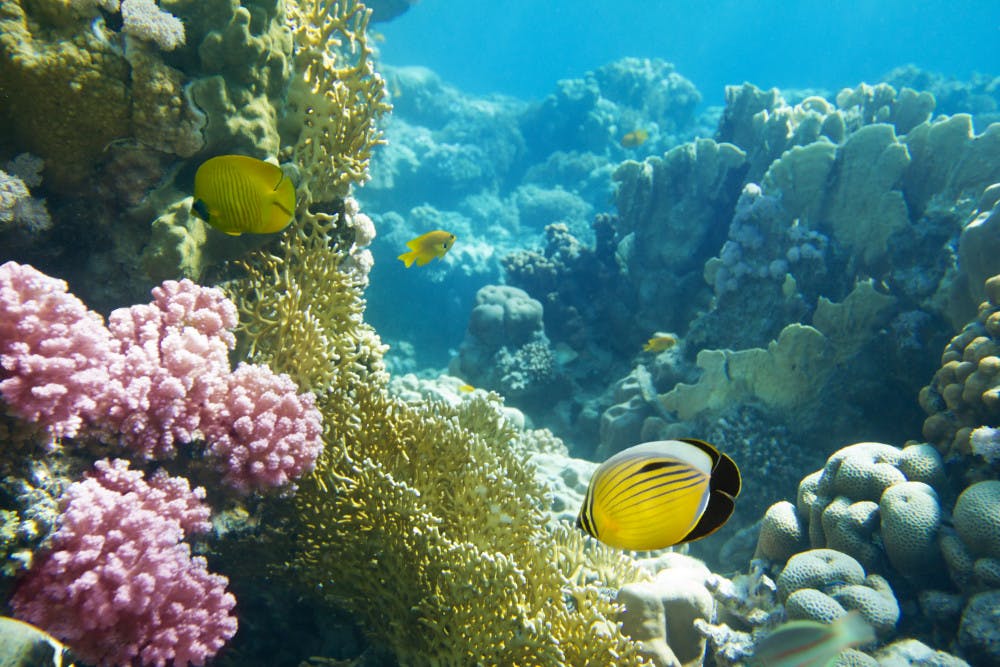By Camille Furst and Alexander Reich
Managing Editor and Staff Writer
A ‘raft’ of volcanic rock, caused by an underwater volcanic eruption near the island of Tonga, is floating toward the coasts of Australia, according to USA Today.
The rock, captured by NASA Earth Observatory, was estimated to contain stones ranging from the size of marbles to basketballs and, as a whole, be as large as Manhattan.
Australian sailors Larissa and Michael Hoult were on the ROAM catamaran as they encountered the mass of volcanic rock in every direction. They told CNN that the raft was floating similarly to an iceberg, with what they believed to be 10 percent above water and 90 percent underneath.
“‘It was a bit of a mystery, we didn’t know how deep it was, or if we were sailing over a volcano that was active at that moment,’” Larissa told CNN. “‘It looked almost like there was more coming up, bubbling up from underneath.’”
Scott Bryan, a geologist and associate professor at Queensland University of Technology in Australia, spoke with The Washington Post about the floating rock and its implications for Australia’s shorelines.
“‘In this 150-odd square kilometers of pumice out there right now, there’s probably billions to trillions of pieces of pumice all floating together, and each piece of pumice is a vehicle for some marine organism,’” Bryan told ABC.
Although at first seemingly dangerous, the volcanic rock is holding multitudes of sea organisms that could aid in the Great Barrier Reef’s recovery from climate change, according to The Washington Post. Bryan believes that in seven to 12 months, the raft will reach Australia’s coast.
Dr. Martin Jutzeler, a lecturer in the School of Physical Sciences at the University of Tasmania, told the BBC of its significance.
“‘It’s a way to renew ecosystems somewhere, but it also can introduce invasive species,’” he told the BBC.
According to The Washington Post, the Great Barrier Reef endured massive bleaching from the warmer waters due to climate change, and the addition of these marine organisms will replenish the underwater wildlife desperately needed to recover the environment.







